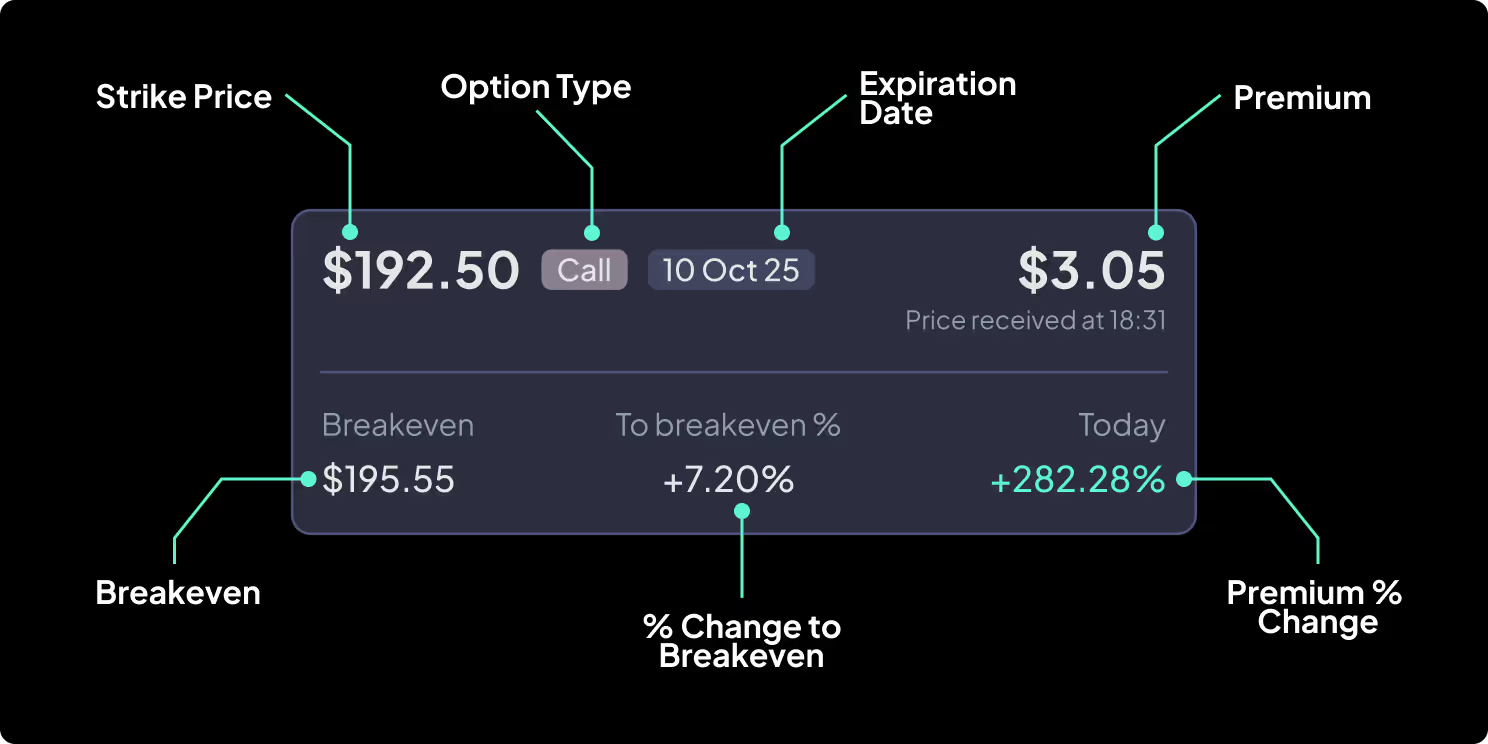Call Option

A call option is a type of financial derivative that gives the buyer the right (but not the obligation) to buy an underlying asset - usually a stock - at a specific price, known as the strike price, before or on the expiry date.
Call options are commonly used to gain exposure to potential increases in asset prices or as part of structured investment strategies.
The buyer pays a premium for this right. If the asset’s price increases above the strike price, the option may become profitable to exercise or sell. If the price remains below the strike price, the option may expire worthless, and the premium paid could be lost.
Call options can be either:
● American style - exercisable at any time up to expiry
● European style - exercisable only at expiry
While options are used in both retail and institutional investing, they involve specific risks, including the potential for a total loss of the premium. Options trading requires a clear understanding of how they work and may not be appropriate for all investors.
Why call options matter to investors
Call options can be used to:
● Gain exposure to potential price increases without directly buying the underlying asset
● Hedge or manage risk within an existing portfolio
● Increase market exposure with a lower upfront cost (the premium)
● Construct structured strategies (e.g. spreads or covered calls) to target income or reduce specific risks
However, options are complex financial products and involve significant risk. They are not suitable for all investors. Understanding their mechanics, pricing influences, and the risk of loss is essential before considering trading.




